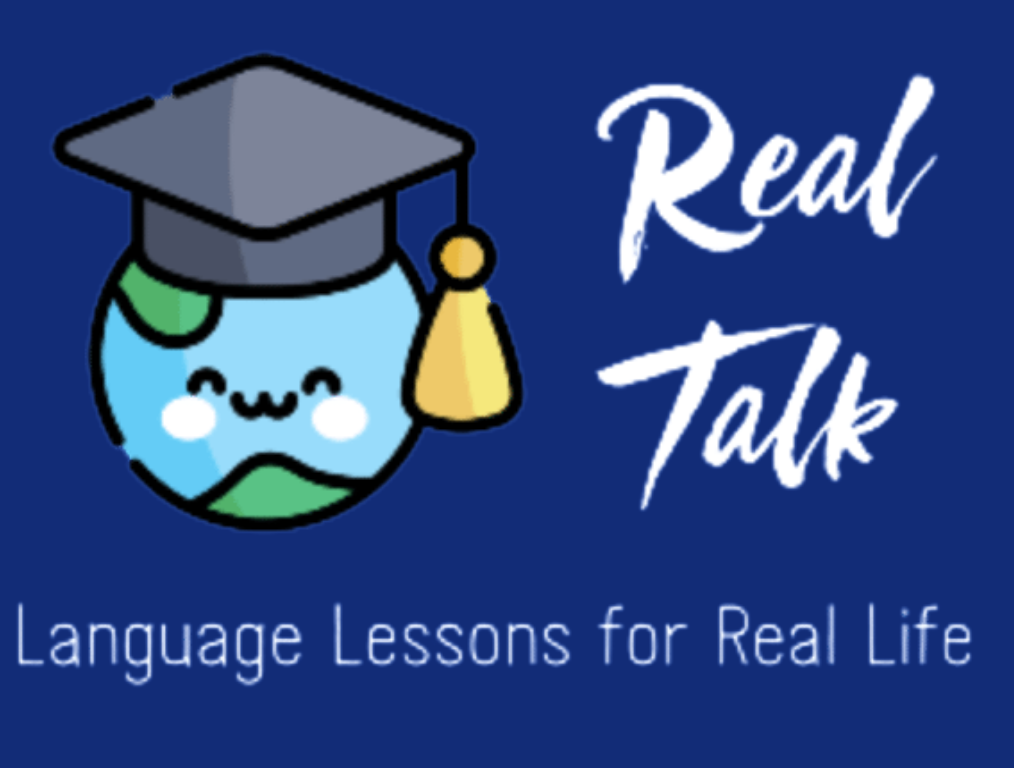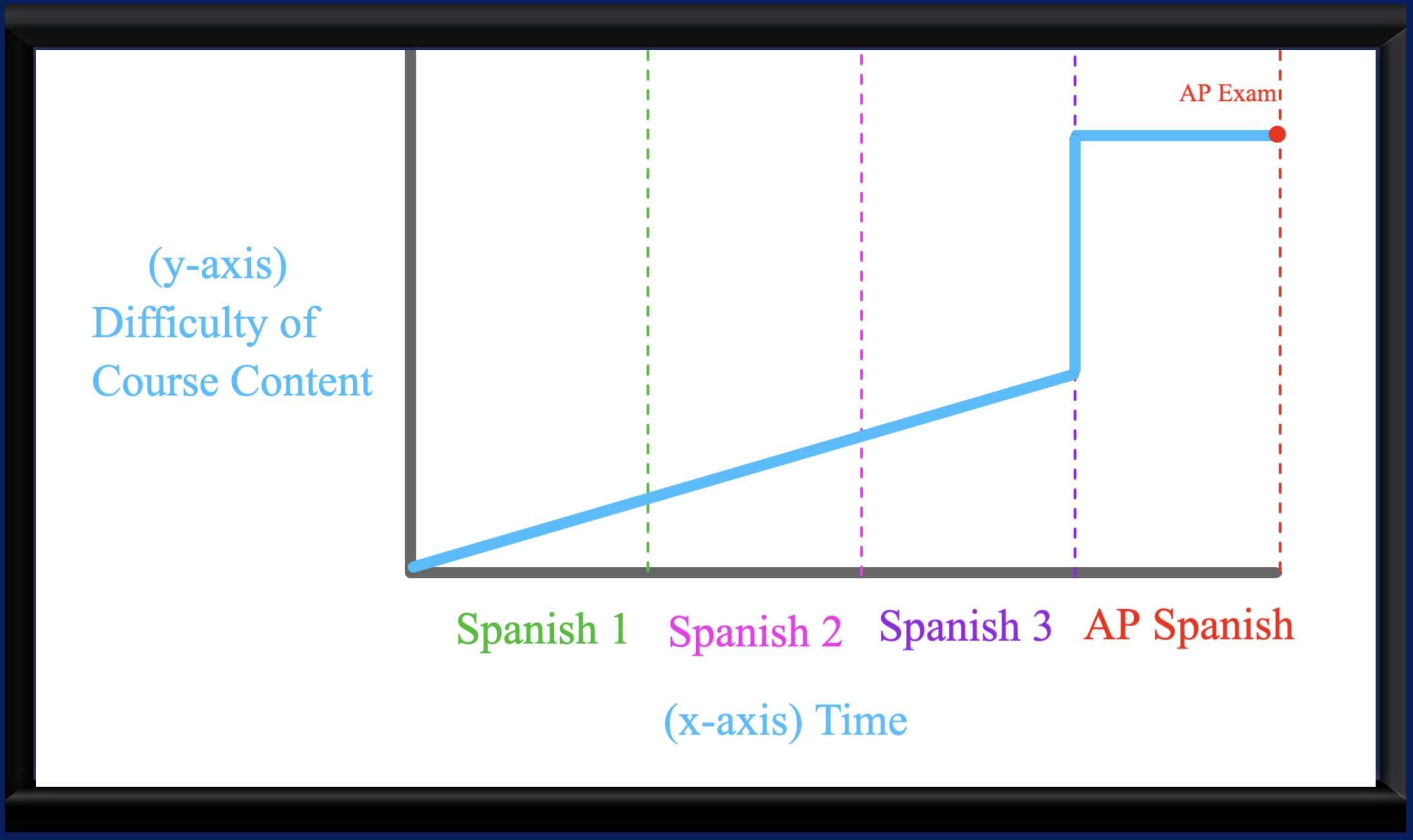Ahhh, yes… the AP Spanish Language and Culture Exam. Imagine this: your child has already taken Spanish classes now for 3 or 4 years. They’ve learned a lot so far, and never struggled too much in previous Spanish courses. Maybe they’ve even excelled. Then, AP Spanish comes around this year and… BOOM!! Your child is bombarded with loads of new, suddenly much more difficult content. Despite having always been diligent with vocabulary and reading assignments, they find that they’re struggling to understand their new assignments, missing so much of the necessary vocabulary and skills to fully grasp the coursework. Sure, they might even get good grades on the assignments, but they wonder if they’re actually learning and retaining critical information and new vocabulary. There are so many new words in every assignment that they don’t even know where to begin to look things up. Practice tests feel impossible. Listening passages go by far too quickly, and the simulated conversation is frantic, stress-inducing mayhem. They may wonder, “How does anyone end up passing the AP Exam in May?!?”
Fret not. :) We see this situation time and time again, and we can help! Two questions to first consider are how this all happens and why this course feels so much harder than previous years’ courses. The why is very easy to answer. The course feels a great deal harder because, objectively speaking, it usually is!! The difficulty of the course content is typically exponentially higher than most Spanish 3 courses. The how is more of a question of how AP Spanish Language course curriculums are planned. While every district is different, and certain schools have different standards, here is how the difficulty of the coursework given to students usually progresses over four years:
Comprehension and
Essays and
Speaking…
Oh my!!!
You can see what the problem is here, right? It’s the huge difficulty spike right at the beginning of AP Spanish. We see students in this situation very often. It’s certainly not the students’ fault, nor necessarily the teachers’, but the course is often built around this sink-or-swim mentality, hoping that the kids will somehow miraculously catch up without being mindfully guided to that skill level. Unsurprisingly, this ends up typically stifling students’ ability to efficiently build their language skills throughout the course, and instead they end up stuck in a loop of exercises oriented towards a “test-prep” mentality — studying for the “strategy” of the exam without truly mastering its content. This is where most classes and AP Exam test prep methods fall woefully short. While it is true that you should learn the format and the rubric of any exam in order to perform your best, “strategy” will only get you so far. It’s the student’s knowledge of the language content that’s the real difference maker.
To that end, we focus on holistically preparing students for not only the Exam, but for gaining mastery of the language in general. We meet each student exactly where they’re at, addressing their current challenges and their deficits; things that were never taught to them or learned after Spanish 3. We also help them with assignments, essays, and other tasks from class. Another critical step is giving the student additional content to work on that’s appropriate to their level, especially in the form of excellent, hand-picked reading and listening materials. Using this approach, the student can learn how to organically grow their vocabulary at a natural pace. The student will also gain the confidence and the tools to effectively practice independently!
After some time with our tutors, your child will have what they need to tackle all of the sections of the test with confidence: Reading Comprehension, Listening Comprehension, Simulated Conversation, Presentational Speaking/Cultural Comparison, Email Writing, and Argumentative Essay Writing. Let’s do this!


